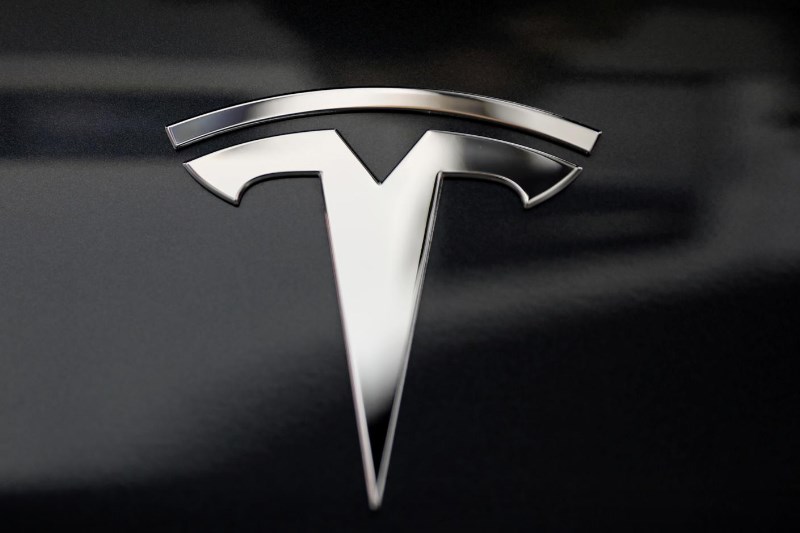Gold prices cool after hitting over 2-week high on Fed independence fears
On Thursday, Oppenheimer analysts maintained a Perform rating on Tesla stock (NASDAQ:TSLA), citing continued signs of moderated demand. The electric vehicle giant matched its previous year's fourth-quarter deliveries with approximately 495.6 thousand vehicles, a figure slightly below the 2% higher expectations set by Wall Street.
The company's vehicle sell-through saw a 3% year-over-year decline in 2024. According to InvestingPro data, Tesla currently trades at a P/E ratio of 96.7, significantly above industry averages, suggesting high growth expectations despite recent delivery challenges.
Tesla's energy storage segment was highlighted as a positive aspect, potentially bolstering profit margins, though InvestingPro analysis shows the company's gross profit margin stands at 18.2%. Oppenheimer analysts expressed concerns over Tesla's cash generation and EBITDA trajectory, anticipating that 2024 might mark a second consecutive year of declining operating income and EBITDA.
With over 20 additional key insights available on InvestingPro, investors can gain a comprehensive understanding of Tesla's financial health, which currently rates as "GOOD" according to InvestingPro's proprietary scoring system.
The analysts noted Tesla's modest production in the last quarter as indicative of the company's cautious approach to managing inventory levels in anticipation of first-quarter 2025 sales. While supporters of Tesla may point to CEO Elon Musk's rising political clout as beneficial for the company's autonomous vehicle initiatives and the potential growth from a new, more affordable vehicle model, Oppenheimer analysts remain skeptical. They argue that Tesla's Full Self-Driving (FSD) technology lags behind competitors and Musk's political activities may be harming the brand, potentially reducing consumer interest.
In their commentary, Oppenheimer analysts concluded that they are cautious on Tesla shares due to the possibility of further reductions in estimates, suggesting investors keep a close watch on the company's financial performance and market demand.
In other recent news, Tesla's fourth-quarter delivery numbers were reported to have missed expectations, according to Wedbush Securities. Tesla delivered 495,600 vehicles, falling short of the consensus estimate of 504,800. Notably, this is the first time Tesla has seen an annual decline in delivery volumes. Despite the shortfall, Wedbush analysts showed high confidence in Tesla's ability to ramp up delivery growth, anticipating a 20%-30% target delivery growth for the company.
Meanwhile, Truist Securities maintained its Hold rating on Tesla, emphasizing the critical role of Tesla's Full Self-Driving (FSD) technology in the company's long-term success. The firm noted improvements in the FSD technology but also pointed out noticeable imperfections.
In other developments, Envirotech Vehicles recently completed its acquisition of Maddox Industries, expanding its footprint in the automotive parts sector. The transaction involved the exchange of 3.1 million shares of Envirotech's common stock for all issued and outstanding membership interests in Maddox Industries.
Tesla also maintained its Reduce rating as HSBC flagged missed targets. The analyst noted potential challenges but also areas that might offer positive surprises, such as Full Self-Driving (FSD) releases and regulatory credits. Despite these developments, HSBC maintained a cautious approach towards Tesla's ambitious growth and innovation plans.
This article was generated with the support of AI and reviewed by an editor. For more information see our T&C.
